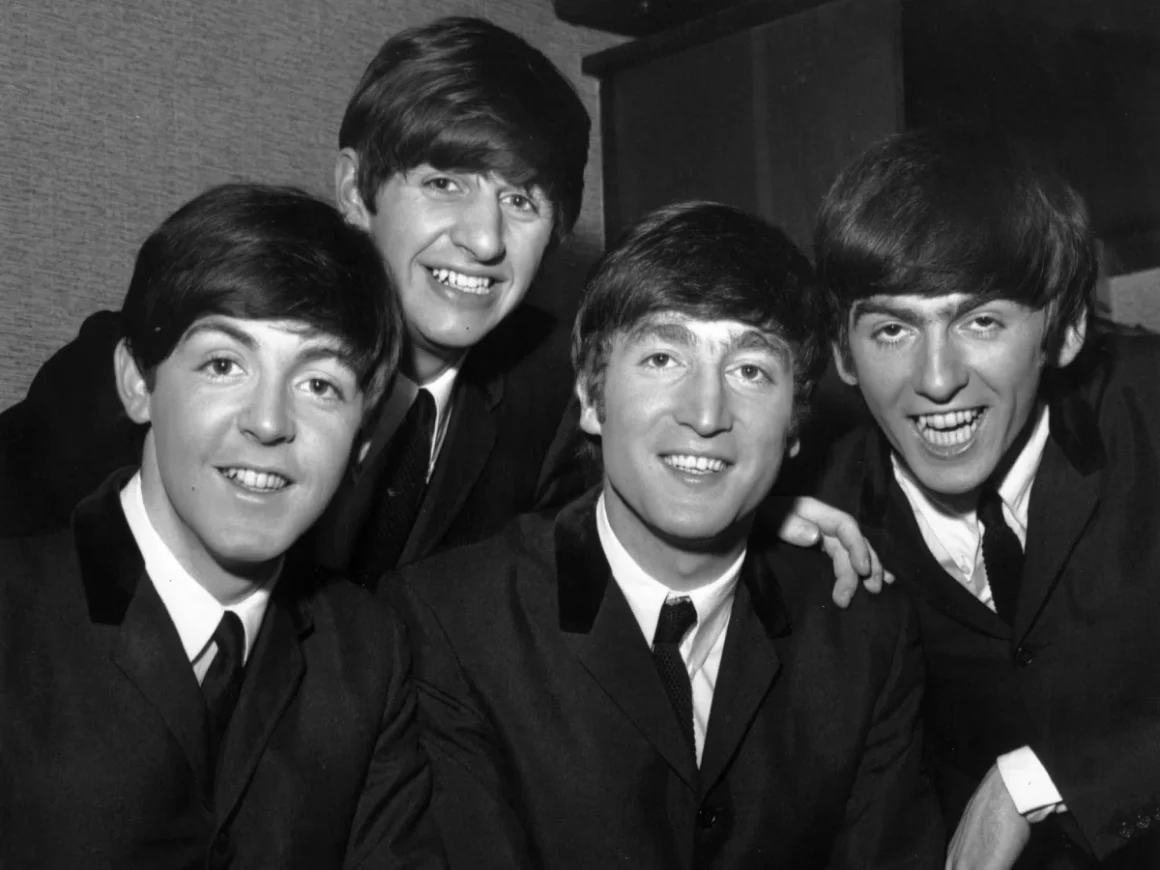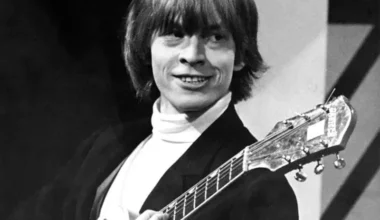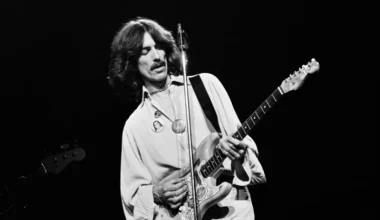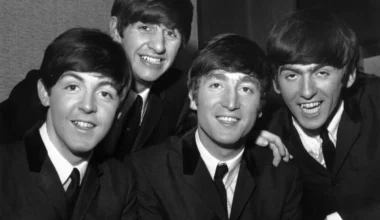While The Beatles and John Lennon have had a greater influence than perhaps any other living or deceased artist, there were a few songs and albums that he did not hold in the same regard as his loyal followers. “I feel I could make every fucking one of them better,” the late Beatle admitted. Despite his significant position in The Beatles, the renowned rock singer has never hesitated to criticize the band’s work.
Increased anxiety and lethargy marked the recording of 1970’s Let It Be, a now-famous album, contributing to its distinct sound.
Sgt. Pepper’s Lonely Hearts Club Band and The White Album elicited confusion and controversy upon their release. However, they quickly emerged as watershed moments in the history of popular music.
Certain band members fueled the immediate controversy surrounding Let It Be with their public criticism. The Beatles’ final voyage ended on a somber note, reflected in Let It Be, as internal turmoil and unhappiness took their toll, despite the album’s appeal to some fans.
To make matters worse, mixed or outright unfavorable reviews greeted Let It Be. The use of studio samples and live material alongside Phil Spector’s overdubs ignited immediate controversy. The band’s other albums garnered critical acclaim, leaving Let It Be in the shadow and tarnishing its reputation.
According to producer George Martin, Lennon’s overall exhaustion, which signaled the end of The Beatles’ voyage, manifested itself during the recording of the previous album, Abbey Road, as a result of the lack of enthusiasm focused on Let It Be. Despite recording Abbey Road later than Let It Be, it appears John Lennon disengaged from the process. He was also unable to recapture any of the magic that defined the band’s legacy.
“John became disenchanted with record making. “He didn’t approve of what I’d done or was doing,” Martin admitted in The Beatles Anthology. “He didn’t enjoy ‘ messing around,’ as he put it, and he didn’t appreciate pretentiousness if you will. I could understand his point. He wanted good, old-fashioned, simple solid rock: ‘The hell with it—let’s blast the living daylights out! Or, if it was a delicate ballad, ‘Let’s do it the way it comes.’ “He wanted authenticity.”
He continued, “I can’t be bothered with strings and such. I’d like to do it as a group or with electronics. I’m also not interested in dealing with musicians, but Paul enjoys it; it’s his scene. It was up to him where he took the violins and what he did with them. I believe he wanted a straightforward backdrop for ‘Golden Slumbers’ — nothing strange. That’s what he was getting into at the rear of Abbey Road. I never liked pop operas. I also adore three-minute recordings and advertisements.”
While The Beatles and John Lennon have had a greater influence than perhaps any other living or deceased artist, there were a few songs and albums that he did not hold in the same regard as his loyal followers. “I feel I could make every fucking one of them better,” the late Beatle admitted. Despite his significant position in The Beatles, the renowned rock singer has never hesitated to criticize the band’s work.
Increased anxiety and lethargy marked the recording of 1970’s Let It Be, a now-famous album, contributing to its distinct sound.
Sgt. Pepper’s Lonely Hearts Club Band and The White Album elicited confusion and controversy upon their release. However, they quickly emerged as watershed moments in the history of popular music.
Certain band members fueled the immediate controversy surrounding Let It Be with their public criticism. The Beatles’ final voyage ended on a somber note, reflected in Let It Be, as internal turmoil and unhappiness took their toll, despite the album’s appeal to some fans.
To make matters worse, mixed or outright unfavorable reviews greeted Let It Be. The use of studio samples and live material alongside Phil Spector’s overdubs ignited immediate controversy. The band’s other albums garnered critical acclaim, leaving Let It Be in the shadow and tarnishing its reputation.
According to producer George Martin, Lennon’s overall exhaustion, which signaled the end of The Beatles’ voyage, manifested itself during the recording of the previous album, Abbey Road, as a result of the lack of enthusiasm focused on Let It Be. Despite recording Abbey Road later than Let It Be, it appears John Lennon disengaged from the process. He was also unable to recapture any of the magic that defined the band’s legacy.
“John became disenchanted with record making. “He didn’t approve of what I’d done or was doing,” Martin admitted in The Beatles Anthology. “He didn’t enjoy ‘ messing around,’ as he put it, and he didn’t appreciate pretentiousness if you will. I could understand his point. He wanted good, old-fashioned, simple solid rock: ‘The hell with it—let’s blast the living daylights out! Or, if it was a delicate ballad, ‘Let’s do it the way it comes.’ “He wanted authenticity.”
He continued, “I can’t be bothered with strings and such. I’d like to do it as a group or with electronics. I’m also not interested in dealing with musicians, but Paul enjoys it; it’s his scene. It was up to him where he took the violins and what he did with them. I believe he wanted a straightforward backdrop for ‘Golden Slumbers’ — nothing strange. That’s what he was getting into at the rear of Abbey Road. I never liked pop operas. I also adore three-minute recordings and advertisements.”








